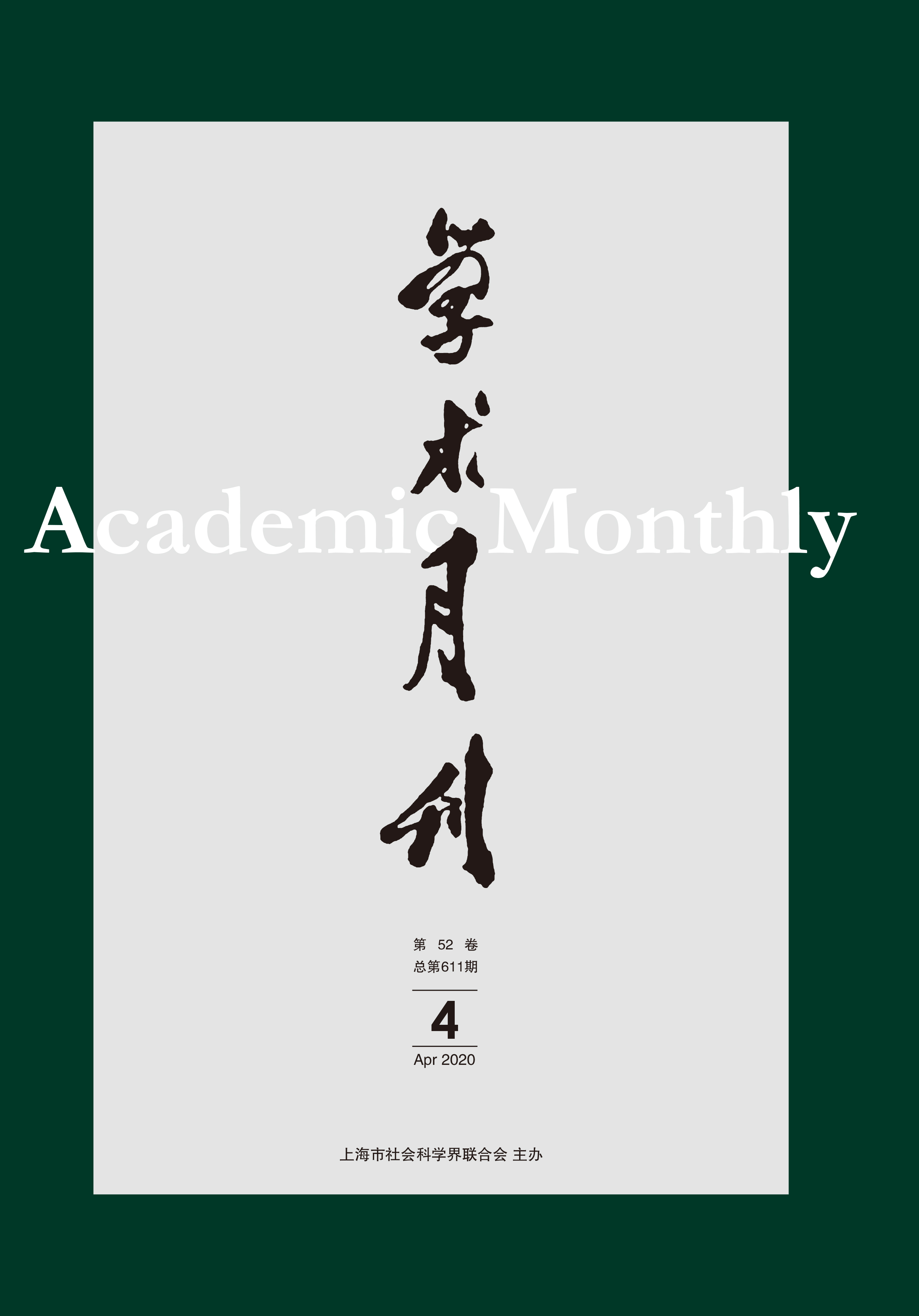Citation:
Zhiguang YIN. Pax Americana[J]. Academic Monthly, 2020, 52(4): 84-97, 44.

-
Abstract
At the turn of the 20th and the 21st centuries, a growing number of American conservative scholars of political science and international relations began to devote their attentions to depict the emergence of a “New American Century”. In the first decade of the 21st century, this triumphalist attitude drove many conservative elites to narrate the making and consolidation of a global Pax Americana. Pax Americana advocates s neo-liberal global order. It argues that liberalism is the most efficient and effective model of global economic development. It also paints the picture that a capital-driven, liberal market expansion being the only viable path for the future development of globalisation. In recent years, Chinese scholarship of political economy and political science has offered criticisms to this neoliberal world order. This paper hopes to introduce a historical dimension to the discussion. It looks at the political narratives of a Pax Americana in the longue durée since the late 19th century, hoping to present its connection with the historiography and problematics of the narratives of British imperial history. This paper points out that the theoretical interests in the UK and the USA in the late 19th and late 20th centuries respectively have manifested a shared enthusiasm in the reinvention of history. They emerged at times when the politics of British and American imperialisms reached their peaks in their own respective periods. By revealing this historical dimension in the neoliberal and neoconservative imperialist narratives will help us to better understand the origin of Pax Americana and the logic dilemma of its neoliberal globalisation narratives.
-

-
References
-
Access
-
-
[1]
JIA Wenjuan
. The Body of Labor, the Mind of Capital——Self Capitalization and the Formation of the Laborers Ideology in Late Neoliberalism. Academic Monthly,
2023, 55(12): 112-121.
-
[2]
Dazhi YAO
. Liberalism’ Conceptions of Freedom: Analysis and Reconstruction. Academic Monthly,
2020, 52(3): 26-33.
-
[3]
Jintai ZHOU
. Form Shanglin Garden to Shanglin Fu: The Natural History Space of the Han Empire and Its Writing. Academic Monthly,
2021, 53(10): 182-193.
-
[4]
Yuan KONG
. The Transformation of European States from Feudal to Modern in Legal Theory. Academic Monthly,
2020, 52(3): 96-106.
-
[5]
Yinhong WANG
. From “Political Consensus” to “Consensus Politics”:Institutional Implications and Constitutional Meanings of the Electoral Capitulations in Holy Roman Empire. Academic Monthly,
2019, 51(5): 102-111.
-
[6]
ZHANG Yifei
. A Critical Analysis of Evoluted American Strategic Thinking and Its Impact on the U.S.Hegemony. Academic Monthly,
2024, 56(3): 84-95.
-
[7]
Binbin ZHENG
. The Training of Interpreters in the British Diplomatic and Consular Establishments in China and the Consturction of the British Foreign Office’s Far East Intelligence Network (1842-1884). Academic Monthly,
2022, 54(1): 194-207.
-
[8]
Mingjun ZHANG
. Instrumental Rationality and the Form of Liberal Political Romanticism. Academic Monthly,
2021, 53(12): 85-95.
-
[9]
Huansun YOU
. From Jingyou Palace to Zhenying Temple: The Creation and Evolution of the Ancestral Stories of Shi Clan of Susong County in the Ming and Qing Dynasties. Academic Monthly,
2019, 51(3): 162-170, 184.
-
[10]
Xuguang LIU
. Free Play - Free Pleasure. Academic Monthly,
2020, 52(6): 122-134.
-
[11]
XIE Changqing
. On the Priority of Rawls’ Liberty. Academic Monthly,
2024, 56(1): 92-101.
-
[12]
Shuifa HAN
. Four Perspectives of Freedom. Academic Monthly,
2019, 51(9): 5-17.
-
[13]
. . Academic Monthly,
2016, 48(04): 84-90.
-
[14]
Xing NAN
. Do Artificial Agents Have Free Will?. Academic Monthly,
2021, 53(1): 35-47.
-
[15]
. . Academic Monthly,
2016, 48(10): 91-98.
-
[16]
Qi YING
. Revisiting the Third Concept of Liberty. Academic Monthly,
2020, 52(8): 46-55.
-
[17]
Yidong WEI
, Shengguo WU
. The Solution of “the Problem of Free Will” in Theory of Contextual Identity. Academic Monthly,
2018, 50(11): 18-27.
-
[18]
. . Academic Monthly,
2016, 48(04): 91-101.
-
[19]
Ruiquan GAO
. The Obscure and the Conspicuous: The Concept of Free Will in the Course of Development of Monism of Mind. Academic Monthly,
2022, 54(11): 5-16.
-
[20]
. . Academic Monthly,
2017, 49(02): 54-63.
-
-



 沪公网安备 31010102003103号
沪公网安备 31010102003103号 DownLoad:
DownLoad: